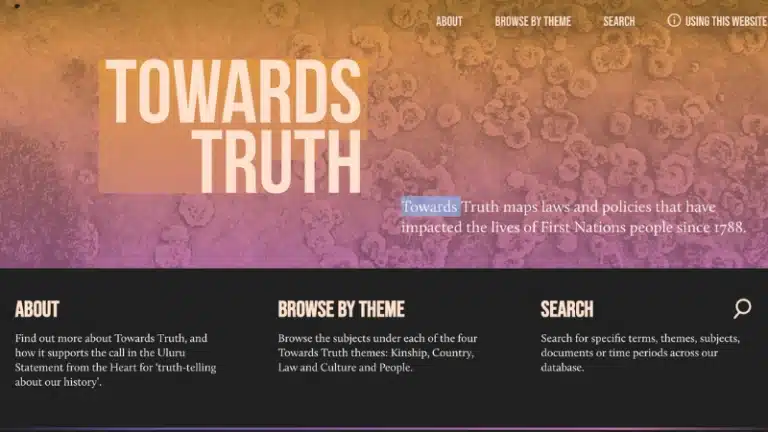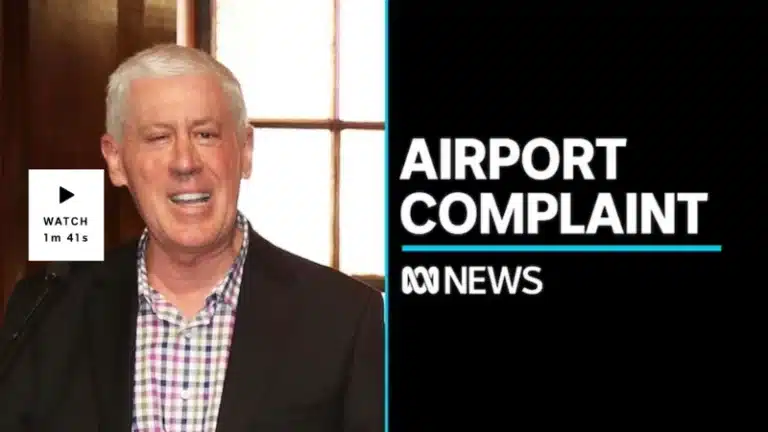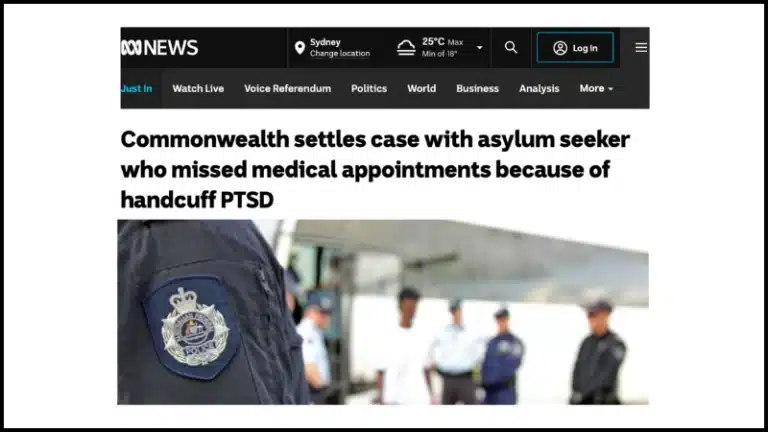Dr Peter Freckleton, an Australian with a severe and permanent disability, is alleging the Australian Government is discriminating against him by denying him access to the National Disability Insurance Scheme (NDIS) because of his age.
In a complaint to the UN, Dr Freckleton says this breaches his fundamental right to protection from discrimination under the Convention on the Rights of Persons with Disabilities.
The NDIS covers Australians with permanent and significant disability. Dr Freckleton contracted Infantile Paralysis at the age of 6 in the last polio pandemic, with both legs permanently paralysed. He has needed mobility aids and other supports ever since. Yet Dr Freckleton has been excluded from the Scheme.
‘It’s completely arbitrary,’ says Dr Freckleton. ‘Because I was over 65 when the NDIS was introduced, the Government doesn’t think I deserve the same support as other Australians with disability.’
‘I am deeply disgusted by this ageist and arguably unlawful ban preventing people with permanent and severe disabilities from getting support, even though they are the people the NDIS was supposed to help. So I am calling it out.’
People with disability who were 65 or older when the NDIS was introduced and people who acquire disability after turning 65 receive some limited funding through the aged care system. Aged care funding is capped and, unlike NDIS funding, does not always meet the cost of necessary disability supports. For example, Dr Freckleton’s aged care payments do not cover the cost of basic and necessary home modifications.
‘The Royal Commission into Aged Care clearly said the NDIS age cap discriminated against older people. Even the NDIS Minister Bill Shorten has acknowledged the status quo is unfair.’
‘The Robodebt scandal clearly demonstrated the tragic impacts of denying people support they desperately need. The Government needs a wakeup call: a reminder that real people are suffering because of this decision.’
Sheetal Balakrishnan, a Senior Solicitor at the Public Interest Advocacy Centre, is representing Dr Freckleton in the UN complaint.
‘Denying access to the NDIS based on age is in clear breach of a fundamental right given by the Convention on the Rights of Persons with Disabilities: that people with disability are protected from discrimination,’ says Sheetal.
‘When the Government introduced its Bill to change the Age Discrimination Act so it could discriminate and exclude older Australians from accessing the NDIS, the Parliamentary Joint Committee on Human Rights raised concerns. The Committee was not convinced the exclusion was consistent with Australia’s international human rights obligations.’
‘The Australian Government claims to champion international human rights for Australians. But it’s failing in its obligations. The NDIS age restriction creates unfair outcomes for older people with disability, who are equally entitled to the support they need to live with dignity.’
Spinal Life Australia established the Disability Doesn’t Discriminate campaign to address the severe inequity of funding for people with a disability aged over 65.
Mark Townend, Spinal Life Australia Chief Executive Officer, says while a campaign petition received more than 25,000 signatures, political leaders have not committed to change.
‘Australians with disability aged 65 and older continue to be ignored by the Government and are being denied access to critical support,’ says Mark.
‘There are people who can’t get out of bed in the morning as they don’t have anyone to help them, because the aged care funding they’ve been given is so vastly inadequate.’
‘People can’t access the care and equipment they need to live safely and independently, which is having a detrimental impact on quality of life – this is no way to treat our ageing Australians, when they need support the most.’
Media contact:
PIAC Media and Communications Manager, Danielle Buhagiar: 0478 739 280.


